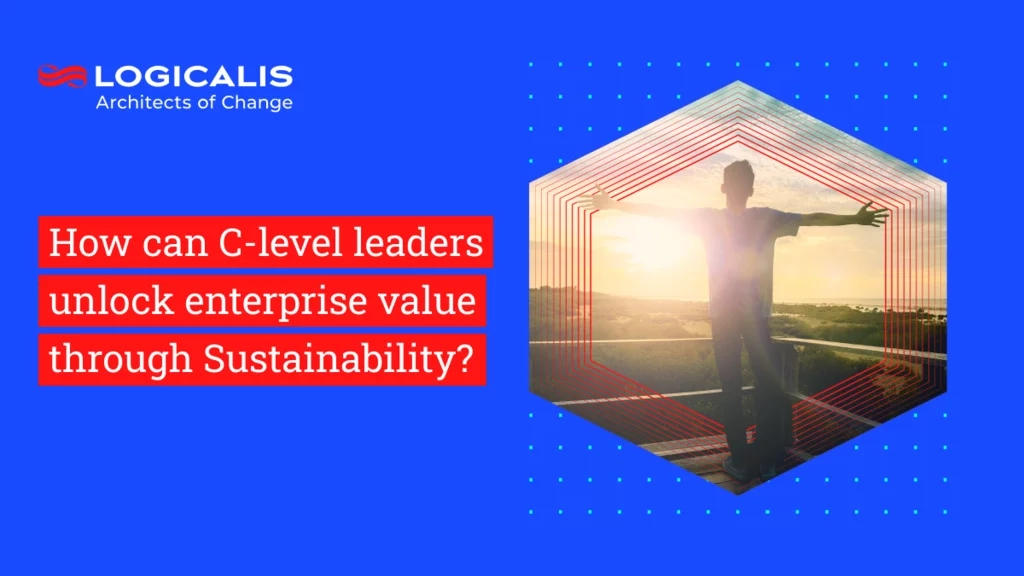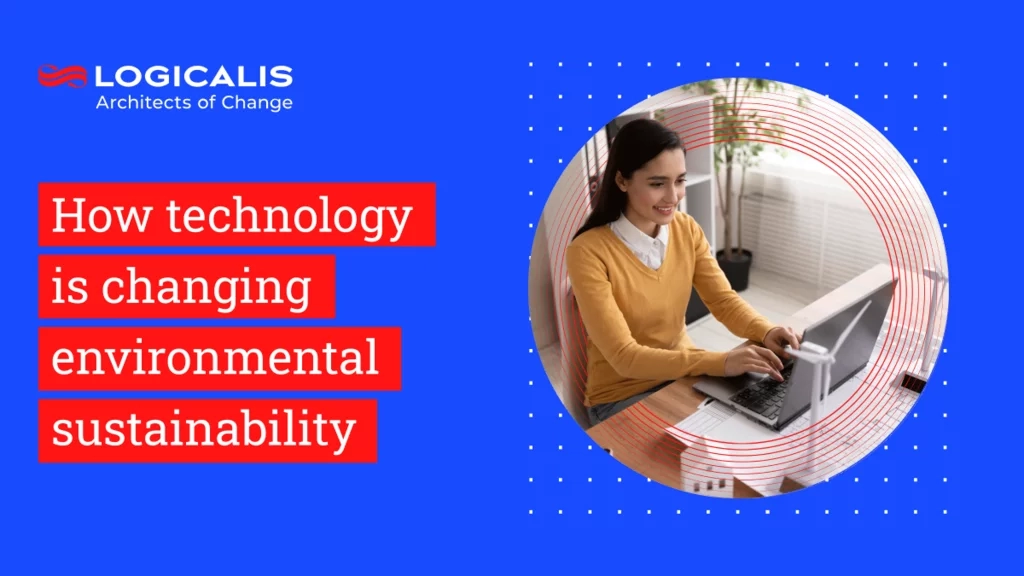
Welcome from Logicalis Group CEO Bob Bailkoski
Success is not only measured by financial performance, but by the integrity of our actions and the impact we make. As a Responsible Business, it means making decisions that are ethical, inclusive, and environmentally conscious. It means holding ourselves accountable and striving to do what's right, even when it's not easy, to create a sustainable world that is built for everyone, by everyone.
Our mission
At Logicalis, we want to make the world a better place, and our role as a global technology service provider provides both an opportunity and a responsibility to take the lead in contributing solutions for a sustainable future.
We strive to improve our environmental performance and contribute to a cleaner, healthier planet and are working hard to position our organisation as a leading responsible business.
With the right strategy and a proactive mindset, being a responsible business has the power to benefit everyone and deliver impactful, yet sustainable, value for all involved.

Our sustainability pledges
We will set a clear sustainability agenda and be transparent about how we are moving towards it through our company’s actions and messaging.
We will set a science-based carbon reduction goal that will get us to net zero.
We will transparently report on our scope one, scope two and scope three emissions as a global organisation.
We will help our customers identify ways to incorporate environmental sustainability practices into their business.
We will partner and collaborate with others within our orbit (including customers, partners and competitors) to promote and support better sustainability practices.
We will provide our managed services customers with an environmental impact score to help them understand their IT emissions, alongside recommendations on how to improve.
We will work towards sustainable workplaces that make Logicalis a great place to work and support our employee actions that reduce their own and our company’s carbon footprint.
We will continue to champion local in-country sustainability projects through our annual sustainability challenge.

We will encourage low carbon alternatives for commuting through our new travel policy.
To provide objective evidence of the above commitments being met.
Our reporting and commitments
SBTi
In April 2024 we announced a significant milestone that our net-zero science-based targets had been validated and approved by global body, Science Based Targets initiative (SBTi). The recognition comes after we committed to the SBTi Corporate Net Zero Standard in early 2023, the world’s first framework for corporate net zero target setting in line with climate science.
Through this commitment, Logicalis joins the world’s largest group of companies actively driving the reduction in global emissions and further demonstrates our commitment to being carbon neutral by 2025.

Carbon Disclosure Project
Following many years of work with the CDP, we have deepened the scope of our reporting to better understand our current greenhouse emissions baseline.
We now have a view of our total carbon emissions as a global organisation, across scope one, two and three emissions

Engaging EcoVadis
We’ve engaged with global rating organisation, EcoVadis to give us a holistic understanding of our ESG performance across areas such as labour and human rights, ethics, and sustainable procurement.
This rating enables us to demonstrate how sustainable and responsible we are as a global organisation.

Our targets
Our SBTi carbon reduction targets
Overall Net-Zero Target
Logicalis Group Limited commits to reach net-zero greenhouse gas emissions across the value chain by FY50.
Near-Term Targets
Logicalis Group Limited commits to reduce absolute scope 1 and 2 GHG emissions 50% by FY30 from a FY22 base year. Logicalis Group Limited also commits that 85% of suppliers by spend covering purchased goods and services will have science-based targets by FY28.
Long-Term Targets
Logicalis Group Limited commits to reduce absolute scope 1 and 2 GHG emissions 90% by FY50 from a FY22 base year. Logicalis Group Limited also commits to reduce absolute scope 3 GHG emissions 90% within the same timeframe.
Our short-term policies
Global travel
Partnering with climate group RouteZero we’ve piloted a new sustainable travel platform, geared to help us make smarter travel choices and reduce our overall Scope 3 emissions.
The pilot led to a 42% reduction in travel emissions, despite 23% more travel taking place.
*The figures represent a pilot group of 50 employees.

e-Waste
Our e-waste policy and regional plans are a step toward our commitment to divert a minimum of 50% of the waste generated by our operations from landfill over the next three years.
We are also developing a general waste plan and policy, due to be implemented from 2025.

Sustainable procurement policy and questionnaire
Integrating sustainable practices into all our operations, products and services, we now have a framework and associated questionnaire that allows us to fulfil demand for products and services that minimises environmental impact.
Renewable energy
Our commitment is to continue to have our operations switch to renewable energy each year, with all of Logicalis operating off renewable energy by 2030.
Environmental policy
We recently launched our Environmental Policy, establishing a clear and comprehensive framework for Logicalis’ commitment to environmental sustainability.

Discover more about our achievements and challenges as we continue our journey to becoming a more Responsible Business.
Further information
To find out more about how we are operating our business in an environmentally sustainable way and working across the industry and with our customers and partners take a look at some of our resources.
Navigate an ever-evolving market and turn uncertainty into success.
Get in contact with us today.













